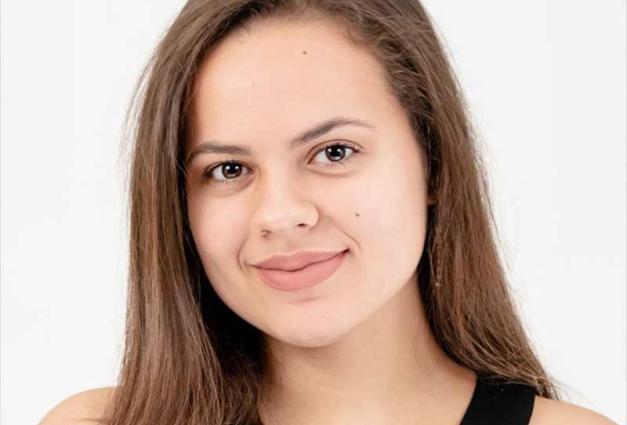Throughout our graduate school careers, we receive guidance on how to collect data, run analyses, conduct a literature review, and write up a manuscript, but rarely do we talk about how to start or maintain peer collaborations. SPSP members Jana Berkessel and Kailey Lawson share their thoughts on the effective ways they've discovered to collaborate with their peers.
Overall, what has been your experience with peers in your program (whether or not you have collaborated with them)?
For me being able to work with my peers is one of the most exciting parts of doing a Ph.D. It is not only a way to improve your research projects and learn about your peers' work, but it is primarily a chance to make friends who are in a similar situation: They understand what you are working on, why you are fascinated by your work, and why sometimes something that might seem irrelevant at first keeps you up at night. These friendships are a great help when trying to navigate a Ph.D. program. In my experience, most Ph.D. students are very supportive of each other and proud to see each other succeed.
What should new graduate students know about peer relationships in graduate school?
It's worthwhile to spend time fostering meaningful relationships with your peers in grad school for both personal and professional reasons. Fellow students can help support you throughout your grad school career and they may also be future collaborators. In addition to making connections with grad students, it's also nice to have friends outside of grad school who can help facilitate a good work-life balance.
What characteristics/traits do you look for in a peer collaborator?
So far, most collaborations have formed rather naturally—within my lab, through conversations with other Ph.D. students, etc. Therefore, I did not have a checklist to tick off in advance. However, a few things make collaboration easier. For example, it is always great to collaborate with somebody you get along with outside the project. It helps to trust each other and helps in case the project hits some bumps along the way. It is also easier to pitch ideas to somebody you feel comfortable with. From a more scientific perspective, it generally helps to find somebody who enjoys a different part of the research process than you. For example, if you have collected new and exciting data, it might be useful to look for someone who has experience working with this specific kind of data structure. However, it has also been very rewarding to collaborate with peers who have similar interests, as you can gain some new knowledge together. One extra upside of working with somebody with a similar interest is that you are not tempted to always leave a particular part to your collaborators, but learn to do every single step yourself.
How do you initiate conversations about collaborating with your peers?
In my experience, collaborations often start with grad students talking about various research ideas and finding that they have a common interest. If you are both excited to explore the same research question, then you've taken the first step of initiating a collaborative project.
How do you turn down offers from peers to collaborate?
Many grad students have a lot on their plate and don't have the time or resources to say "yes" to every project opportunity that comes along. In my experience, fellow grad students tend to understand that you can't get involved in every collaboration.
What tips and advice do you have (general or specific) regarding working with friends and other graduate students?
- Talk to your peers and take advantage of the opportunity to meet people with similar interests, similar working environments, and similar problems!
- To talk about a project you have to have a clear grasp on what your idea is and which question you are trying to address. Practicing this pitch with peers is a great exercise in itself. Furthermore, your peers will have a fresh view of the project and might be able to give some helpful advice and point out flaws.
- Tell your peers about the difficulties you experience while working on your projects. Likely, they have experienced them before. Are you stuck at a particular point during your analysis? Chances are somebody else in your lab or Ph.D. program has had a similar problem and figured out how to solve it. Do not miss the chance to get help, in return share your experiences, and help others once they are stuck.
- Don't be afraid to share your more personal worries and problems with trusted peers – there will be other Ph.D. students who have felt the same way before. Talk about them and use the opportunity to figure out how to avoid, face, and solve problems together.
- Once the project is ongoing, it's still important to foster open communication about progress and setbacks, but also try to meet deadlines to keep the project on track.




